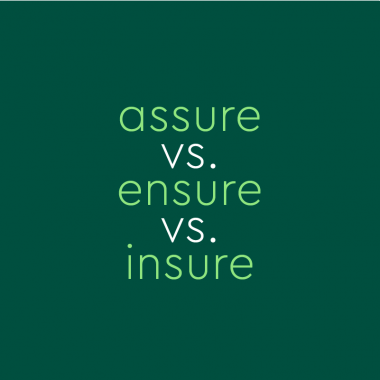What Is The Longest Palindrome In English?
Poor Dan is in a droop. Sit on a potato pan, Otis. What do these—admittedly very unusual—sentences have in common? They’re palindromes. Palin-what-in-the-what-now? What is a palindrome, and what does it mean? A palindrome is a word, sentence, verse, or even number that reads the same backward or forward. It derives from Greek roots that literally mean “running back” (palin is “again, back,” and dromos, “running.”) …











